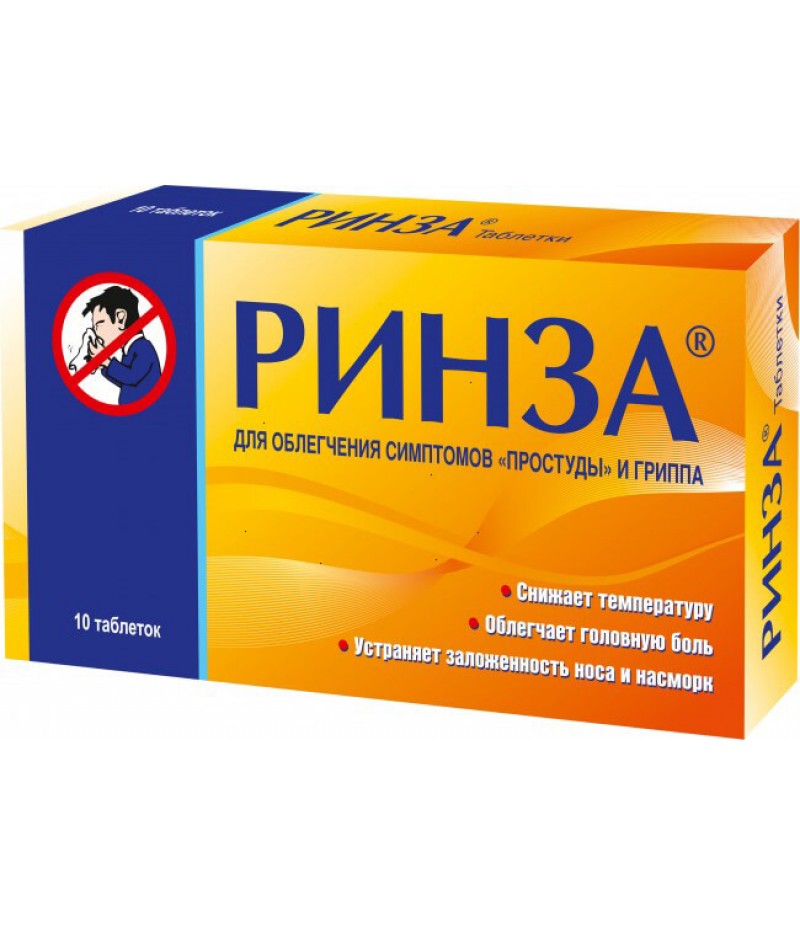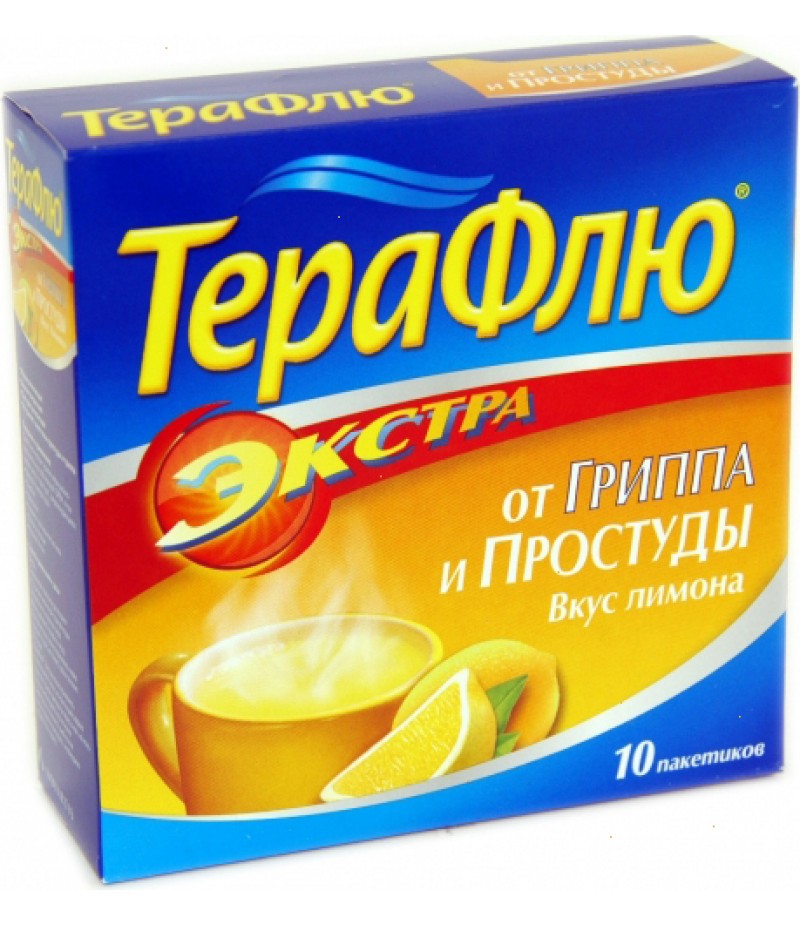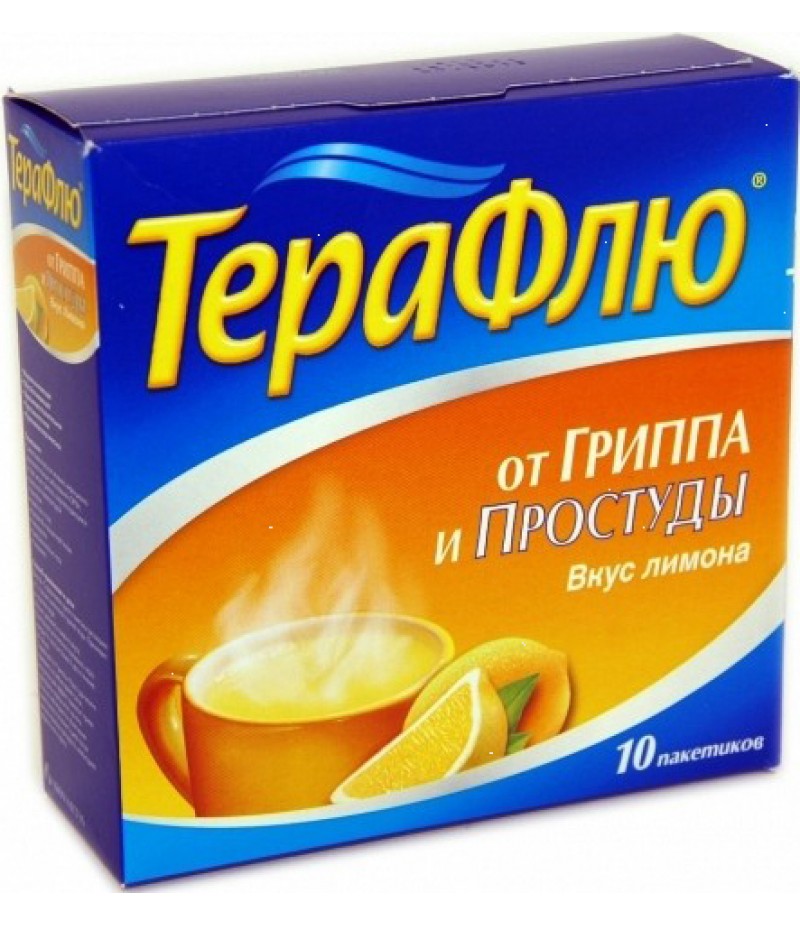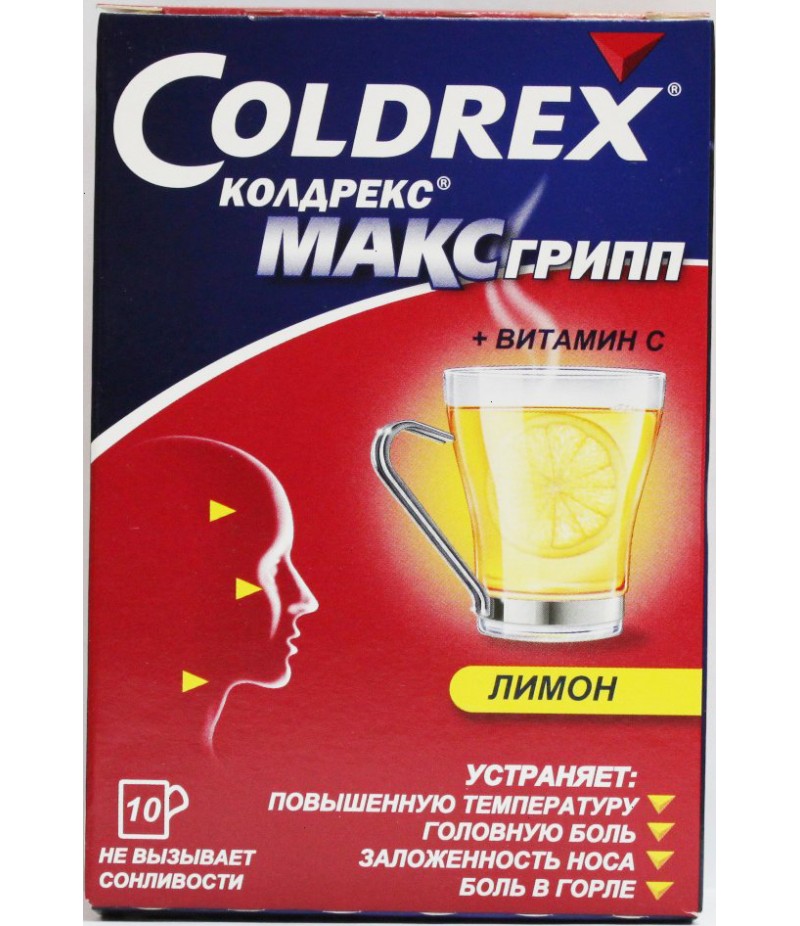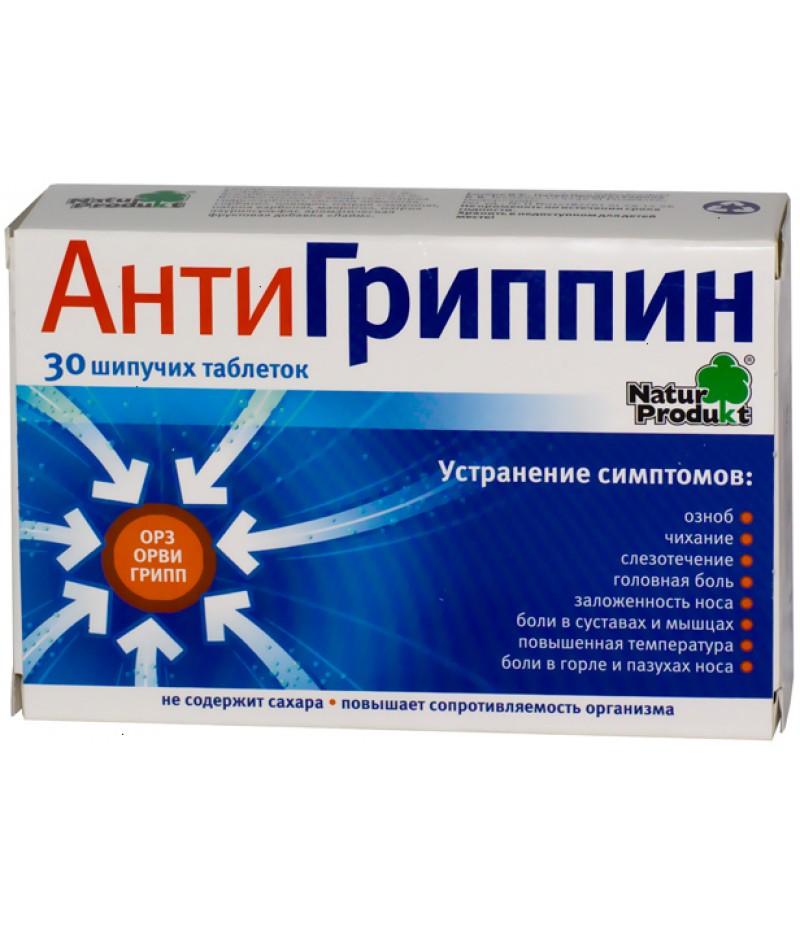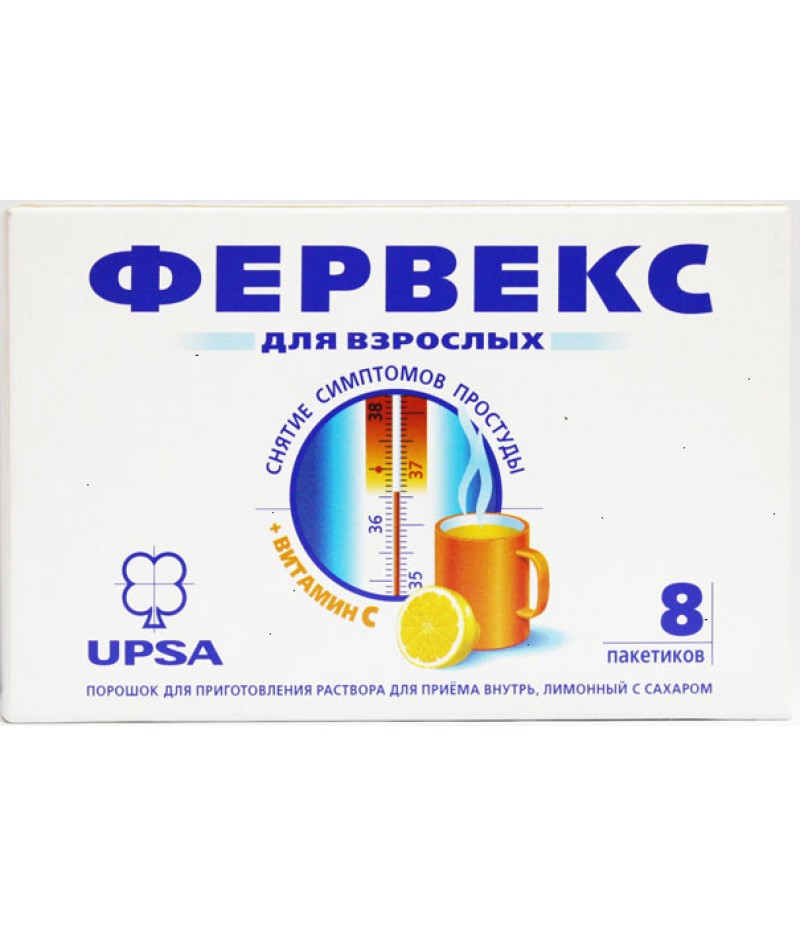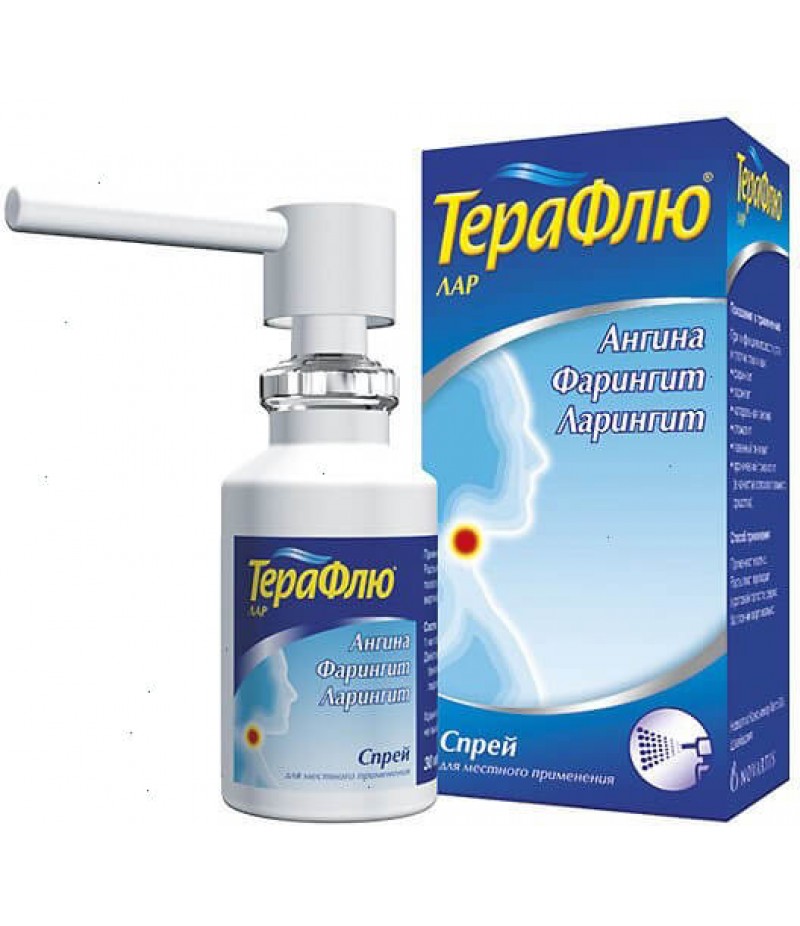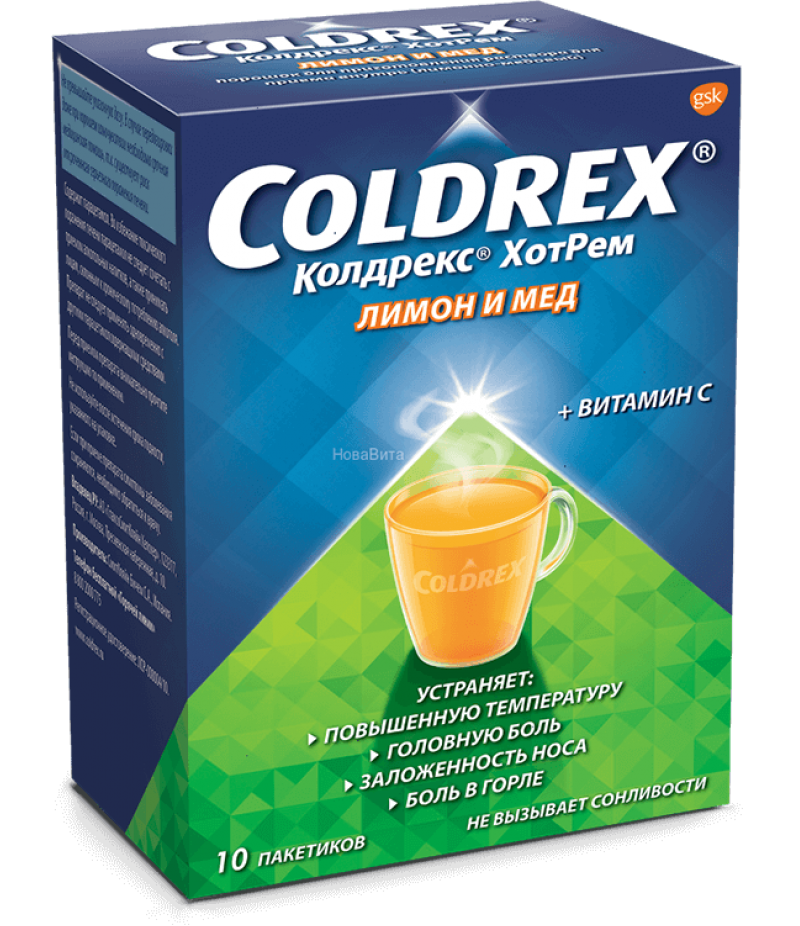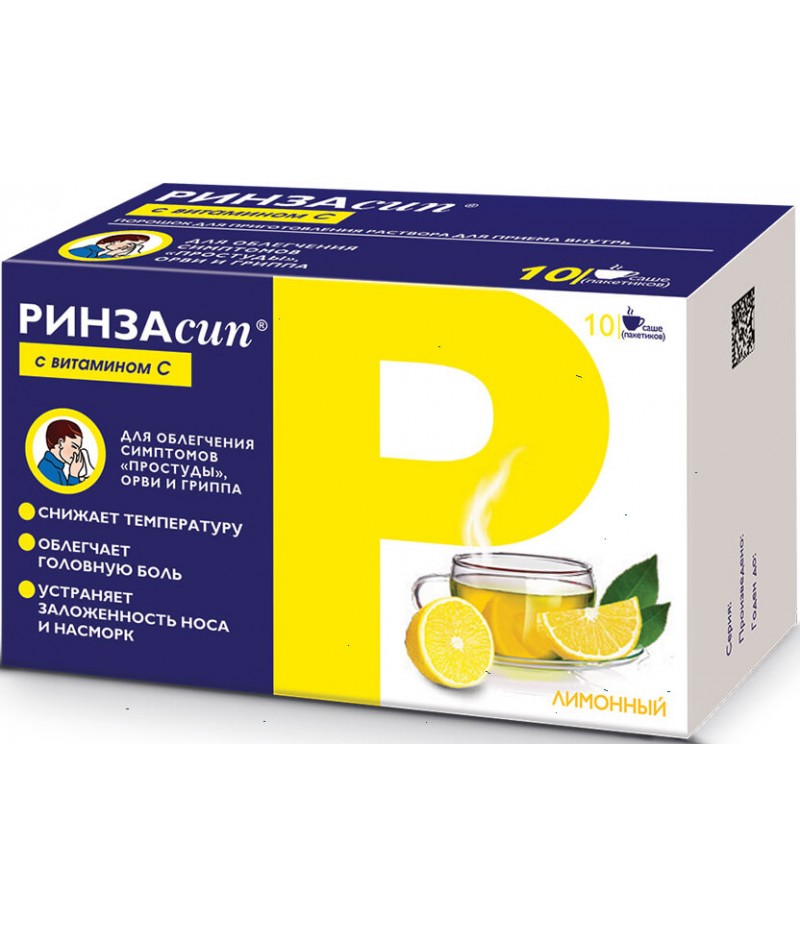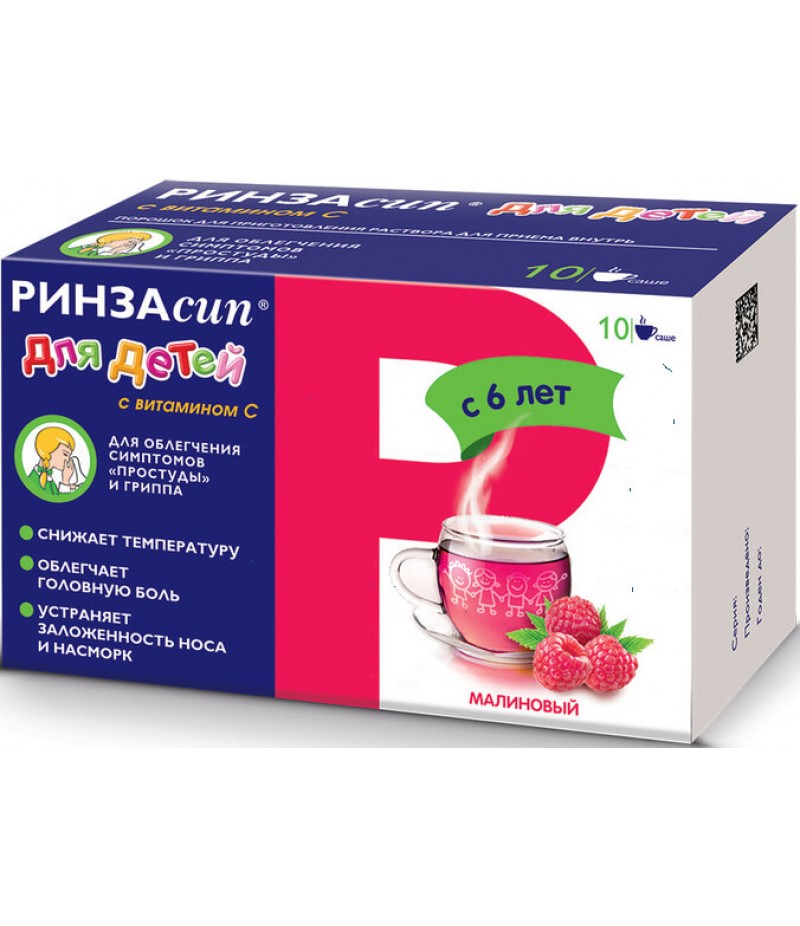Rinza tabs #10
- $9.58
- 3 or more $9.40
- Availability:In Stock
Rinza instruction for useYou can buy Rinza on this pageThe Composition Of RinzaThe composition of the drug rinza includes (one tablet): paracetamol-500 mg phenylephrine hydrochloride-10 mg caffeine-30 mg chlorphenamine maleate-2 m..
Tags: tabs
Rinza instruction for use
You can buy Rinza on this page
The Composition Of Rinza
The composition of the drug rinza includes (one tablet): paracetamol-500 mg phenylephrine hydrochloride-10 mg caffeine-30 mg chlorphenamine maleate-2 mg.
Additional substances: magnesium stearate, sodium methylparahydroxybenzoate, corn starch, sodium carboxymethyl starch, silicon dioxide colloidal,povidone (K-30), talc, dye punch.
Form release
Available in tablets round flat shape without a shell, with a notch on one side and a beveled edge, pink interspersed with white or Burgundy. 10 such tablets in one blister, in a cardboard bundle one blister.
Pharmacological action
psychogogic;
anticongestive (reduction of edema);
antihistaminic;
analgesic;
antipyretic.
Pharmacodynamics and pharmacokinetics
Pharmacodynamics
Rinza is a combined medicine, the list of its effects is the sum of the effects of the components of the drug.
Paracetamol has analgesic and antipyretic effect. Relieves pain in the head, back, joints, throat, pain arising from colds, as well as reduces fever.
Paracetamol inhibits the enzymes cyclooxygenase - 1 and cyclooxygenase-2, reduces prostaglandin synthesis and affects the center of the nervous system thermoregulation. In inflamed tissues is blocked by special enzymes, so the inactivation of cyclooxygenase-1 and -2 in them is insignificant, this explains the insignificant anti-inflammatory effect. However, paracetamol effectively stops the production of prostaglandins in the cells of the nervous system, as a result, it reduces only the elevated temperature and does not affect the normal body temperature. Paracetamol does not affect the mucous membranes of the stomach unlike other non-steroidal anti-inflammatory drugs. Taking paracetamol in therapeutic doses does not affect the water-mineral metabolism and other types of metabolism.
Phenylephrine belongs to the alpha-adrenergic agonists. Reduces the lumen of the vessels, resulting in swelling and hyperemia of the mucous membranes of the nasopharynx, nose and sinuses.
Chlorphenamine is a histamine receptor blocker and has anti-allergic effect, as well as reduces swelling and hyperemia of the mucous membranes of the nasopharynx, nose and sinuses, helps to weaken the exudative manifestations.
Caffeine has a stimulating effect on the nervous system, which reduces fatigue and drowsiness, leads to an increase in mental and physical performance. Enhances and accelerates the analgesic effect of paracetamol.
Pharmacokinetics
Paracetamol is absorbed quickly enough from the middle parts of the digestive system, actively binds to plasma proteins. The highest concentration in the blood-1 hour after consumption. Paracetamol can penetrate the blood-brain barrier and placenta.
Indications for use
What's Rinza's cure for? Most people, even once visited the pharmacy, see this drug on the shelf and ask this question.
In winter and autumn it is easy to catch a cold, accompanied by nasal congestion and fever, from which rinza helps. The drug relieves headache and toothache, joint pain, muscle pain, neuralgia, burns, injuries. However, not all patients like to take pills, from which they prefer analogues of the drug in other forms (for example, powder).
Acute rhinitis (including allergic), pharyngitis and sinusitis are also indications for taking the drug.
Contraindications
hypersensitivity to the drug and its components;
hypertension severe;
severe forms of atherosclerosis of heart vessels;
severe forms of heart failure, including rhythm disturbances;
severe forms of renal and hepatic insufficiency;
pyloroduodenal obstruction;
congenital increase of bilirubin in blood;
Dubin-Johnson syndrome;
bronchial asthma;
chronic lung diseases with obstructive symptoms;
pheochromocytoma;
hyperthyroidism;
diabetes;
blood disease;
the reduction of white blood cells or of hemoglobin in the blood;
increased intraocular pressure and glaucoma;
insomnia;
hyperplasia of prostate with difficult urination;
epilepsy and convulsions;
alcohol dependence;
the age of 15;
pregnancy and lactation;
hypersensitivity to xanthine derivatives (theobromine, theophylline).
Do not use with antidepressants, beta–blockers, monoamine oxidase inhibitors (MAO) and within a half-month after the COMPLETION of Mao inhibitors.
Side effect
In most cases, the drug is well tolerated by patients. Side effects are rare and it is usually associated with long-term use of the drug in doses exceeding those specified in the instructions.
The following side effects are possible:
disorders of the digestive tract-heartburn, stomach pain, increased salivation, decreased appetite, nausea, vomiting, stool retention, liquid stool, increased activity of liver enzymes, other disorders of the liver, gepatonekroz (when using high doses of the drug);
metabolic disorders-hypoglycemia;
cardiac disorders-palpitations, bradycardia, arrhythmia, shortness of breath, heart pain;
vascular disorders - increased blood pressure;
neurological disorders-anxiety, weakness, headache, increased excitability, insomnia, irritability, depression, dyskinesia, tinnitus, convulsions, coma;
mental disorders-hallucinations;
disorders of the genitourinary system – nephritis, dysuria, renal colic, difficulty urinating;
from the hematopoietic system - anemia (including aplastic and hemolytic), pancytopenia, neutropenia, agranulocytosis, thrombocytopenia, leukopenia;
respiratory disorders-bronchospasm in patients with an Allergy to aspirin and other nonsteroidal anti-inflammatory drugs;
visual impairment-dry eyes, dilated pupils, impaired accommodation, increased intraocular pressure;
immune system disorders-skin rash, urticaria, itching, toxic epidermal necrolysis, anaphylactic shock, Stevens-Johnson syndrome, Quincke's edema.
Instructions for use of Rinza
Instructions on Rinza says clearly how to take the pills and different frequency and receive mode from the instructions on the powder Rinza SIP.
Way to use of-oral. Adults and children aged 15 and over take one tablet every 6-8 hours for a maximum of five days. The drug should be undertaken half an hour after a meal. Drink required amount of water. The maximum dose of the drug - 4 tablets per day.
Overdose
An overdose of paracetamol. Paracetamol has a toxic effect on an adult after taking a dose of 10-15 grams. Manifestations of overdose:
pallor of the skin, lack of appetite, nausea, diarrhea, stomach discomfort;
the increased levels of bilirubin, a decrease in the value of prothrombin;
hepatotoxic effect-pain in the right hypochondrium, weakness, sweating, jaundice, hepatomegaly, increased activity of liver enzymes;
in rare cases, hepatonecrosis may develop with the addition of hepatic encephalopathy (deterioration of cognitive functions and indicators of higher nervous activity), disseminated intravascular coagulation syndrome, metabolic acidosis, hypoglycemia, arrhythmia, convulsions, coma, brain edema, collapse.
Even rarer disorders of the liver can develop at lightning speed with the simultaneous addition of renal failure. When taking particularly high doses are possible: disorientation, excitation, sleep disturbance, dizziness, cardiac arrhythmias, the development of pancreatitis. Long-term administration of high doses of the drug may develop aplastic anemia, neutropenia, agranulocytosis, pancytopenia, leukopenia, thrombocytopenia.
Symptoms of overdose phenylephrine hydrochloride: dizziness, confusion, arrhythmia, tremor limbs, nervousness, anxiety.
Symptoms of overdose chlorphenamine maleatom: dilation of pupils, photophobia, dry mouth, hyperthermia, intestinal atony, bradycardia, arterial hypotension.
Symptoms of caffeine overdose: headache, tremor, excitability, appearance of extrasystoles.
Overdose treatment: gastric lavage, administration of activated charcoal, symptomatic therapy (methionine after 8 hours And n-acetylcysteine after 12 hours of overdose), monitoring of external breathing and cardiac activity. When the seizure is recommend receiving diazepam.
Interaction
You should avoid a combination of taking Rinza with other drugs containing phenylephrine, paracetamol, chlorphenamine or caffeine.
Rinza enhances the effect of beta-blockers, Mao inhibitors and sedatives. When taking Rin With antidepressants, neuroleptics and antiparkinsonian drugs, urine retention, dry mouth, constipation may appear.
Paracetamol reduces the effectiveness of diuretics and increases the possibility of toxic effects on the liver while taking barbiturates, carbamazepine, diphenine, rifampicin.
Barbiturates reduce the antipyretic effect of paracetamol. The speed of absorption in the digestive tract of paracetamol may increase when used together with metoclopramide and domperidone. Effects of paracetamol are enhanced when combined with ascorbic acid, codeine, chlorpheniramine, scopolamine, propyphenazone and caffeine. Taking paracetamol with non-steroidal anti-inflammatory drugs increases the risk of renal complications. One of the main components of phenylephrine hydrochloride shows adrenomimetic properties in combination with tricyclic antidepressants.
The use of tablets Rinza reduces the ability of guanetidine to reduce pressure. Sharing phenylephrine hydrochloride with digoxin tablets and other cardiac glycosides may lead to arrhythmia and even heart attack. Phenylephrine reduce the efficacy of beta blockers and other antihypertensive drugs (e.g. reserpine and methyldopa).
Chlorphenamine maleate enhances the hypnotic effect of barbiturates, neuroleptics, tranquilizers, anesthetics, narcotic analgesics.
Caffeine in the composition of Rinza improves the bioavailability of other analgesics-antipyretics, increases the effects of some xanthine derivatives, alpha - and beta-agonists, psychoactive funds. Cimetidine, isoniazid, hormonal contraceptives potentiate the action of caffeine. Caffeine reduces the effects of opioid analgesics, sedatives, anesthetics and drugs that inhibit the Central nervous system. Caffeine reduces the concentration of lithium in the blood.
Terms of sale
You can buy Rinza without a prescription.
Storage conditions
Store at temperatures up to 250C, in a dry place, protected from sunlight. Keep away from children.
Shelf life - 3 years.
Special instruction
Do not exceed the dose indicated in the manual. Do not use with sedatives, hypnotics, and other drugs containing paracetamol or other substances present in the composition of Rinza.
The drug is prescribed exclusively by the doctor in the presence of the patient: arterial hypertension, prostate adenoma, arrhythmias, pheochromocytoma, urinary retention.
If the drug should be used for a long time, it is mandatory to control the functional state of the liver and blood.
During the use of the drug should not be abused coffee, strong tea, other tonic drinks, as there may be problems with sleep, as well as the appearance of irritability, palpitations, dizziness, arrhythmia.
The use of Rinza can affect the result on doping control.
If the fever persists for more than three days, consult your doctor.
Rinza or Theraflu — which is better?
The most frequently asked question is the comparative effectiveness of this group of drugs. In Rinze the content of paracetamol is higher than in TheraFlu, as well as in the latter there is no caffeine. Therefore, the expected therapeutic effect from taking Rinza higher than from taking a couple of days. However, it is worth remembering that a higher content of active ingredients increases the risk of side effects.
For children
Children under 15 years of age the drug is contraindicated.
With alcohol
During the period of treatment with this drug, it is necessary to abandon the use of alcohol.
With antibiotics
It is necessary to refrain from co-administration of Rhinitis and hepato - and nephrotoxic antibiotics.
Rinza during pregnancy and lactation
Pregnancy and breast-feeding are contraindications to receiving Rinza.
Reviews of Rinza
Numerous reviews of doctors and patients have a positive color, about cases of overdose or occurrence of adverse events there are almost no reports.
Often among consumers there is a dispute about the drug-is it an antibiotic or not? Rinza does not apply to antibiotics or their substitutes and not having antibacterial action.

